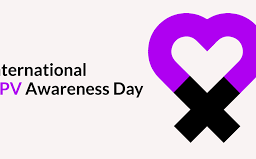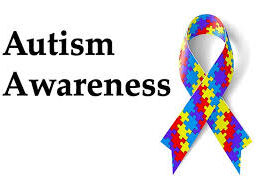
Stress Management Tips: How to Stay Calm and Focused
Embarking on the journey of effective stress management, we navigate the inevitable challenges that life presents. Stress, a universal part of the human experience, can stem from various sources, impacting individuals of all ages and backgrounds. it’s crucial to strike a balance, as excessive stress can lead to physical and emotional challenges. In this exploration, we delve into practical tips for coping with life’s demands, from identifying sources to incorporating relaxation techniques like deep breathing, meditation, and exercise. Join us in discovering strategies for a more balanced and resilient life, where stress is managed effectively, promoting both mental and physical well-being.


Stress is an inevitable part of life. It can be caused by anything from work-related pressures to personal issues, and it affects people of all ages and backgrounds. While some can be beneficial, too much of it can lead to physical and emotional problems. Therefore, it is important to learn how to manage stress effectively.
Stress Management Strategies
Here are some tips for coping with life’s challenges:
1. Identify the source
The first step in managing stress is to identify the source. This can be done by keeping a diary or journal. Write down the events or situations that trigger you, how you feel when you are stressed, and how you react to it. Once you have identified the source, you can take steps to avoid or minimize it.
2. Practice relaxation techniques
Relaxation techniques such as deep breathing, meditation, and yoga can help reduce stress and promote relaxation. These techniques can be practiced anywhere and anytime, and they are easy to learn. Deep breathing, for example, involves taking slow, deep breaths and exhaling slowly. This technique can help calm your mind and reduce tension in your body.
3. Exercise regularly
Exercise is a great way to reduce stress and improve your overall health. Regular exercise can help boost your mood, increase your energy levels, and reduce tension in your muscles. It can also help you sleep better at night.
4. Seek support from others
Talking to someone about your problems can help reduce stress and provide emotional support. This can be a friend, family member, or a professional counselor. It is important to seek support from someone you trust and who will listen without judging you.
In conclusion, stress is a normal part of life, but it can be managed effectively. By identifying the source, practicing relaxation techniques, exercising regularly, and seeking support from others, you can reduce its impact. Remember that managing stress is a process that takes time and effort, but the benefits are well worth it.
Disclaimer: The information provided in this content is for general informational purposes only. It is not intended as medical or healthcare advice, diagnosis, or treatment. Always seek the advice of a qualified healthcare professional with any questions you may have regarding a medical condition or healthcare decisions.
















